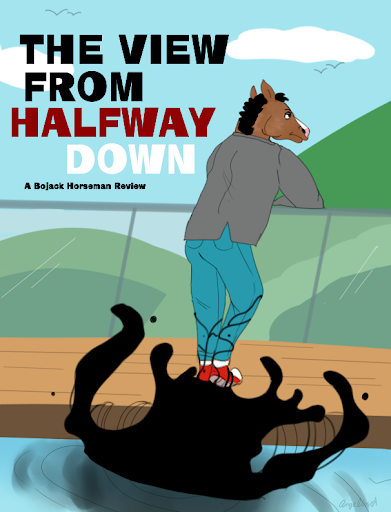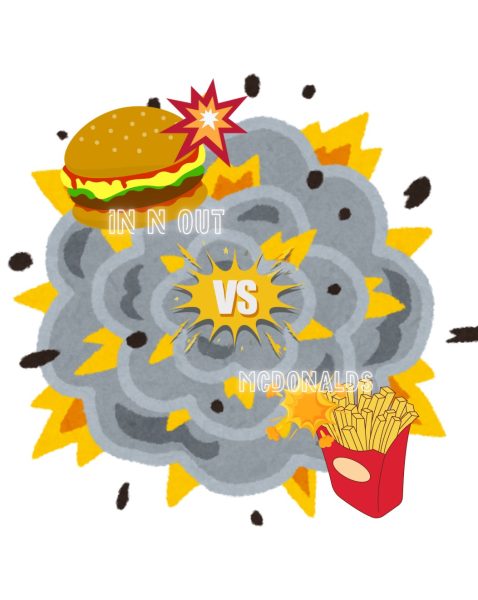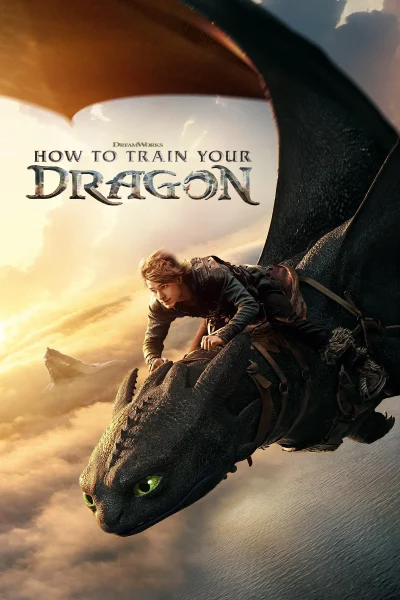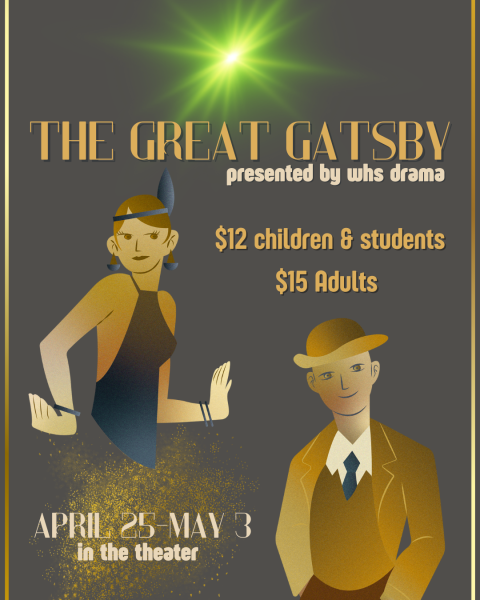The View from Halfway Down: A Review of Bojack Horseman (Netflix)

Art by Angeline Tan
You may be asking yourself: how can a talking animated horse help show the various consequences of our actions in just six seasons? The question can be answered not by showing what decisions are being made, but how they turn-out in the end. In our society, many times we make decisions based solely on pure instinct without thinking about the consequences of our actions. Occasionally, these decisions can lead to dead ends, but sometimes they also lead us to outcomes that surpass our initial expectations. However, this does not mean we need to feel badly about our decisions as after all, we are all human on the inside, even the most unlikely of creatures.
Bojack Horseman is a Netflix original series created by Raphael Bob-Waksberg and produced by Lisa Hanawalt released in August 2014. It features a talking, anthropomorphic horse by the name of none other than Bojack Horseman, the retired star of a popular ‘90s TV sitcom where he was one of the main characters. The main cast features a mixture of both human and anthropomorphic characters that all come from different backgrounds yet share one similar trait: being a part of Bojack’s life. The story follows Bojack as he struggles to come to terms with the cancellation of the TV sitcom that was once a huge part of his life, and his various trials and tribulations as he struggles with both the consequences of his actions and his mental health struggles with depression and alcoholism. In later seasons, the series soon branches off to tell the stories of the other characters whom Bojack impacted, whether it be for good or for bad. The story is set in Hollywood, Los Angeles, where Bojack spent the rest of his life following the cancellation of his beloved show: “Horsin’ Around.”
In the first season of the show, we follow Bojack Horseman throughout his life in the bustling city of Hollywood as he continuously attempts to reconnect with his past-life despite being both cynical and narcissistic with little regards to his actions. The first episode is a rather crude introduction that I personally feel does not compare to the rest of the show, as Bojack is portrayed as somewhat of an antihero within these first few episodes. However, we gradually begin to see his descent into madness following the cancellation of his beloved TV show throughout the next few seasons. We are introduced to not only Bojack himself, but his supposed allies who influence his everyday life and the decisions he chooses to make. One of the allies that Bojack has the most influence on is Diane Nguyen, a Vietnamese American writer who was introduced in the first season as Bojack’s ghost writer for his autobiography. Diane and Bojack are two characters with striking similarities such as their poor home life and their determination to escape from their insecurities. However, even despite their similarities, the show offers an authentic glimpse of how two characters with similar backgrounds can also possess similar destructive traits that only serve to drag the both of them down. Throughout the episodes, you begin to get a glimpse of Bojack’s origins and how he came to be in regards to the choices he made in his past as well as how the decisions of those he trusted, such as his mother, affected his mental state. Rather than viewing Bojack as the self-destructive narcissist he was portrayed initially, you begin to see that he as a person is deeply flawed, almost to the point where he seems just as infatuated with his reputation as your everyday human being. The actions Bojack made in his past gradually begin to creep up on him even despite how much he attempts to brush it off. The consequences of said actions begin to show as they affect not only his mental state, but the relationships he has with those around him. I feel as though the story provides a very gritty, yet realistic depiction of how our decisions affect our everyday lives and how a person’s mental state can begin to deteriorate when they begin to focus on how they can escape their past rather than reflect and accept that it happened.
I have observed how, in many cases, mental health in modern media is often portrayed as something that should be feared or shamed as some sort of a device that could also be used as a crutch to escape the problems that many of us face. The New Yorker describes how Bojack Horseman as a series allows “the most heartbreaking parts of life to leach into the genre that’s meant to soothe them,” detailing how the show displays the harsh, yet grounded truth about the world we live in and how even the people we trust the most can turn a blind eye to one’s suffering. Bojack Horseman not only provides an authentic insight on mental health as a whole, but the complexities that mental illness can have on a person and how it can affect their decision-making process. When we consider these factors and how they attribute to the struggles many of us students face today, we can learn to understand how we as people can help with these types of struggles and how our actions can influence the people around us even in the near future. I highly recommend giving Bojack Horseman a try, as I feel as though there are many parts of us that are individually represented within both the characters and their backstories in the show.
5/5 Paws





